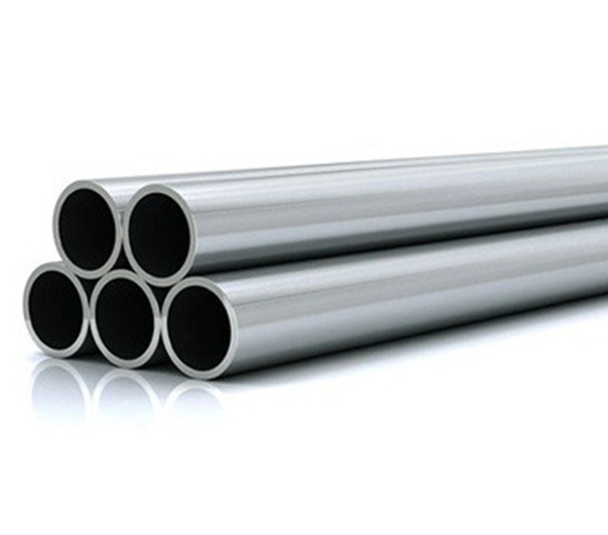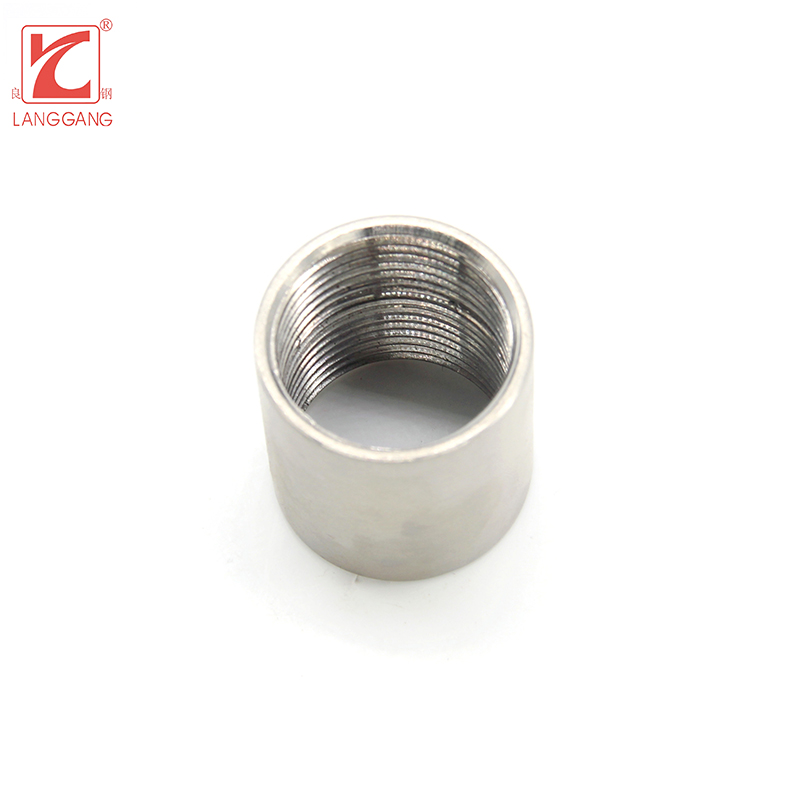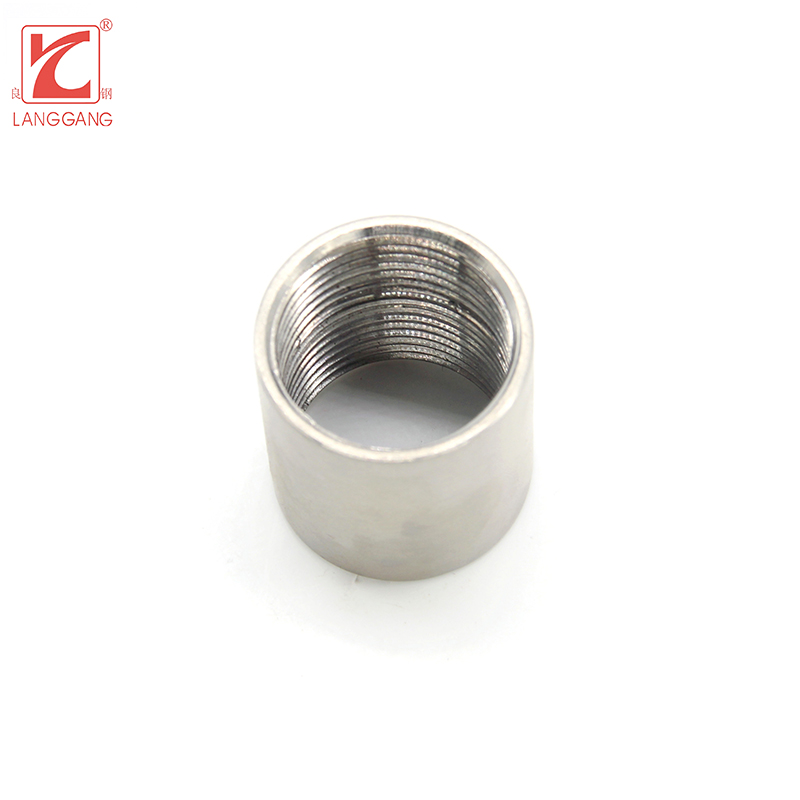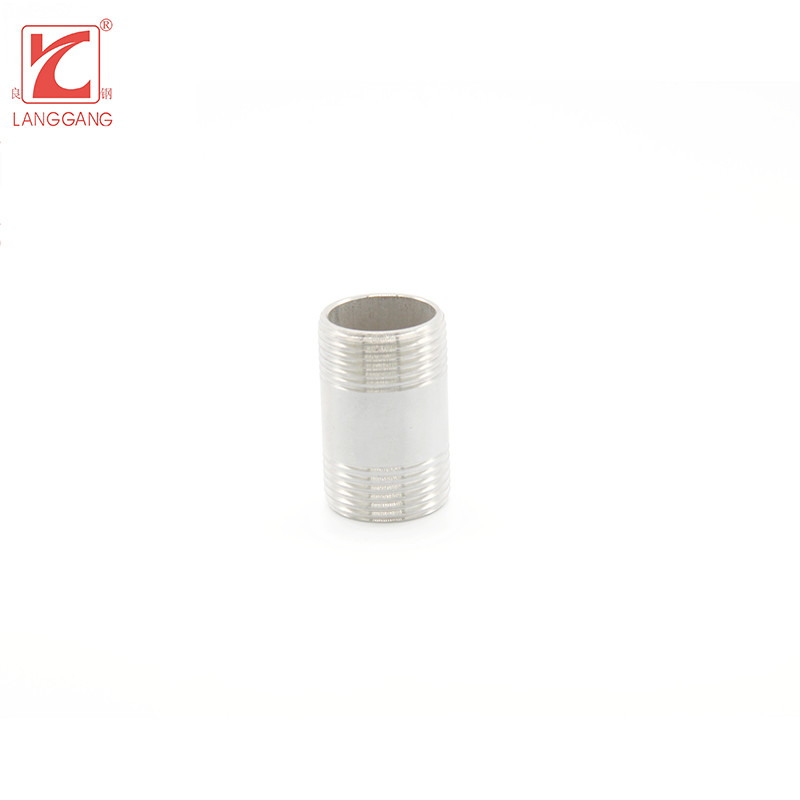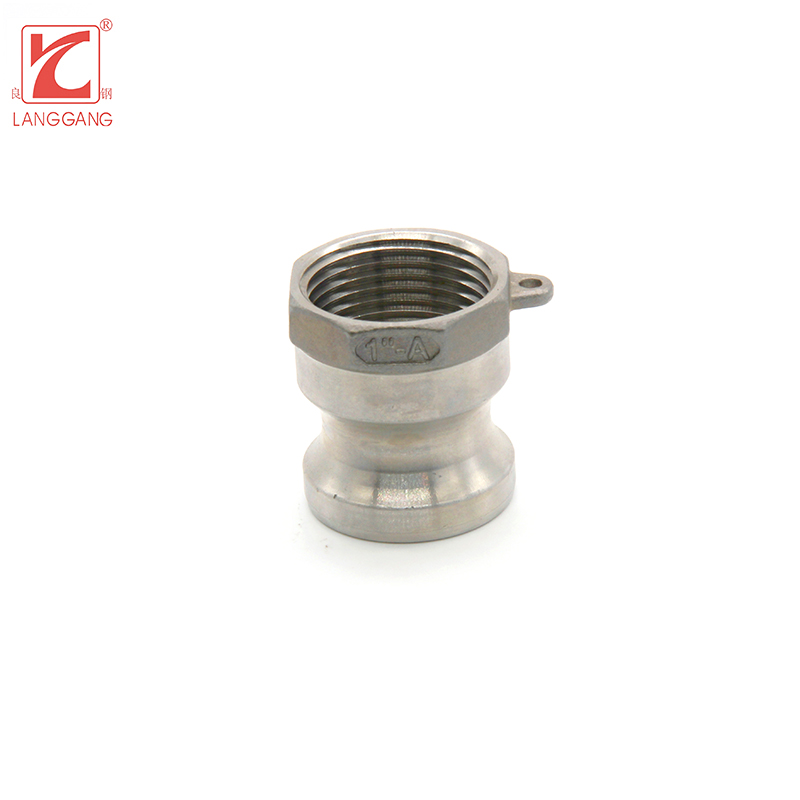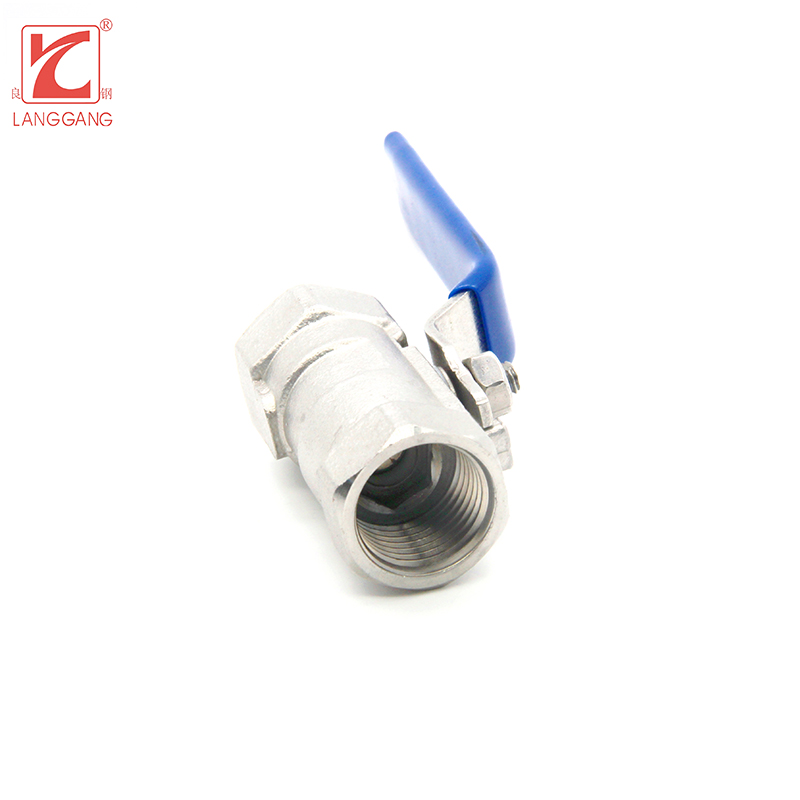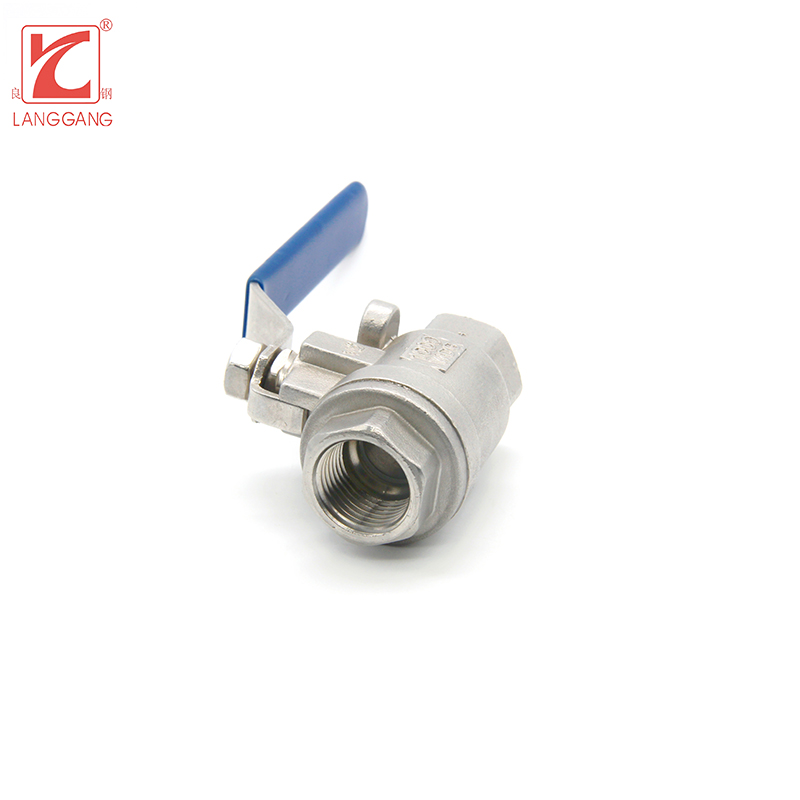What's Special for Stainless Steel Pipe Use for Water Project?
Introduction
Stainless steel pipes are commonly used in water projects due to their excellent corrosion resistance and durability. They are specifically designed to transport water safely and efficiently, making them a popular choice for various applications such as water supply systems, wastewater treatment plants, and desalination plants.
Stainless steel pipes are made from an alloy of iron and chromium, with the addition of other elements such as nickel and molybdenum. This composition gives stainless steel its unique properties, including high resistance to corrosion, heat, and chemical damage. These pipes are able to withstand harsh environments, making them suitable for both above-ground and underground water projects.
Usage
Here is a detailed introduction to the use of stainless steel pipes in water projects:
1. Potable Water Supply: Stainless steel pipes are an ideal choice for potable water supply systems due to their corrosion resistance and ability to maintain water quality. They are commonly used in residential, commercial, and industrial buildings, as well as in municipal water supply networks. Stainless steel pipes ensure that the water remains free from contaminants and maintains its taste and odor.
2. Wastewater Systems: Stainless steel pipes are also extensively used in wastewater systems, including sewage treatment plants, industrial wastewater treatment facilities, and drainage systems. These pipes can withstand the corrosive nature of wastewater, ensuring long-term durability and minimal maintenance requirements.
3. Desalination Plants: With the increasing demand for fresh water, desalination plants have become crucial for water supply in coastal areas. Stainless steel pipes are widely used in these plants due to their resistance to corrosion caused by the high salt content in seawater. They ensure the efficient and reliable transport of desalinated water.
4. Fire Protection Systems: Stainless steel pipes are commonly used in fire protection systems, including sprinkler systems and fire hydrants. These pipes are highly resistant to heat and corrosion, ensuring the integrity of the system during emergencies.
5. Industrial Applications: Stainless steel pipes find extensive use in various industrial applications that involve water, such as chemical processing plants, food and beverage industries, pharmaceutical industries, and power plants. They are preferred for their ability to withstand high temperatures, pressure, and corrosive substances.
6. Plumbing Systems: Stainless steel pipes are increasingly being used in plumbing systems, especially in high-rise buildings and luxury residences. They offer superior durability, resistance to corrosion, and aesthetic appeal.
In conclusion, stainless steel pipes are suitable for potable water supply, wastewater systems, desalination plants, fire protection systems, industrial applications, and plumbing systems. The use of stainless steel pipes ensures the efficient and reliable transport of water while maintaining its quality and safety.
Advantages
One of the key advantages of stainless steel pipes is their resistance to corrosion. They are highly resistant to rust and other forms of corrosion, even in the presence of chemicals and minerals commonly found in water. This makes stainless steel pipes ideal for conveying potable water, as they ensure the water remains clean and free from contaminants.
Stainless steel pipes also offer excellent strength and durability. They have a high tensile strength, allowing them to withstand high water pressures without deformation or bursting. This makes them suitable for use in water distribution systems where high pressure is required.
In addition, stainless steel pipes have a smooth internal surface, which reduces friction and turbulence in the water flow. This results in efficient water transportation, minimizing energy loss and pressure drops. The smooth surface also prevents the accumulation of sediment and other impurities, ensuring a continuous and clean water supply.
Furthermore, stainless steel pipes are easy to install and maintain. They can be welded or threaded together, providing flexibility in installation methods. Once installed, stainless steel pipes require minimal maintenance, as they do not corrode or deteriorate easily. This reduces the need for frequent repairs and replacements, resulting in cost savings over the long term.
Special requirements for stainless steel pipes for underwater projects
Stainless steel pipes used in underwater projects have special requirements due to the harsh and corrosive environment they are exposed to. These projects can include offshore oil and gas drilling, underwater pipelines, marine structures, and desalination plants. The special requirements for stainless steel pipes in underwater projects are designed to ensure their durability, reliability, and resistance to corrosion.
One of the primary considerations for stainless steel pipes in underwater projects is the material's corrosion resistance. Stainless steel is chosen for these applications because of its high resistance to corrosion, especially in marine environments. However, the specific grade of stainless steel used must be carefully selected to match the expected conditions, such as the presence of saltwater, chemicals, and high pressures. Common grades of stainless steel used in underwater projects include 316 and 316L, which offer excellent resistance to corrosion.
Another important requirement is the mechanical strength of the stainless steel pipes. Underwater projects often involve high pressure and dynamic loads, such as underwater currents and waves. Therefore, the stainless steel pipes must be able to withstand these forces without deformation or failure. The mechanical properties of the stainless steel, such as its yield strength and tensile strength, must be carefully considered to ensure the pipes can withstand the expected loads.
Additionally, stainless steel pipes for underwater projects may require special coatings or linings to provide an extra layer of protection against corrosion. These coatings can include epoxy or polyethylene layers that act as a barrier between the stainless steel and the surrounding environment. The choice of coating will depend on factors such as the expected temperature, pressure, and chemical exposure.
Furthermore, the design and construction of stainless steel pipes for underwater projects must consider factors such as weldability, joint integrity, and ease of installation. Welding stainless steel pipes in underwater environments can be challenging due to the presence of water, which can affect the quality of the welds. Proper welding techniques and materials must be employed to ensure the integrity of the joints and prevent any potential leaks.
Conclusion
Stainless steel pipes are a reliable and efficient choice for water projects. Their corrosion resistance, durability, and ease of installation make them a preferred option for transporting water safely and effectively. Whether it is for a small residential water supply system or a large-scale water treatment plant, stainless steel pipes provide a long-lasting and reliable solution.
LGfittingvalve is a professional stainless steel pipes manufacture provides all kinds of Stainless Steel pipe fittings and valves.We use high quality stainless steel to produce stainless steel pipes,ensuring its maximum durability. Feel free to contact us if you are looking for stainless steel pipes for your project or store.


